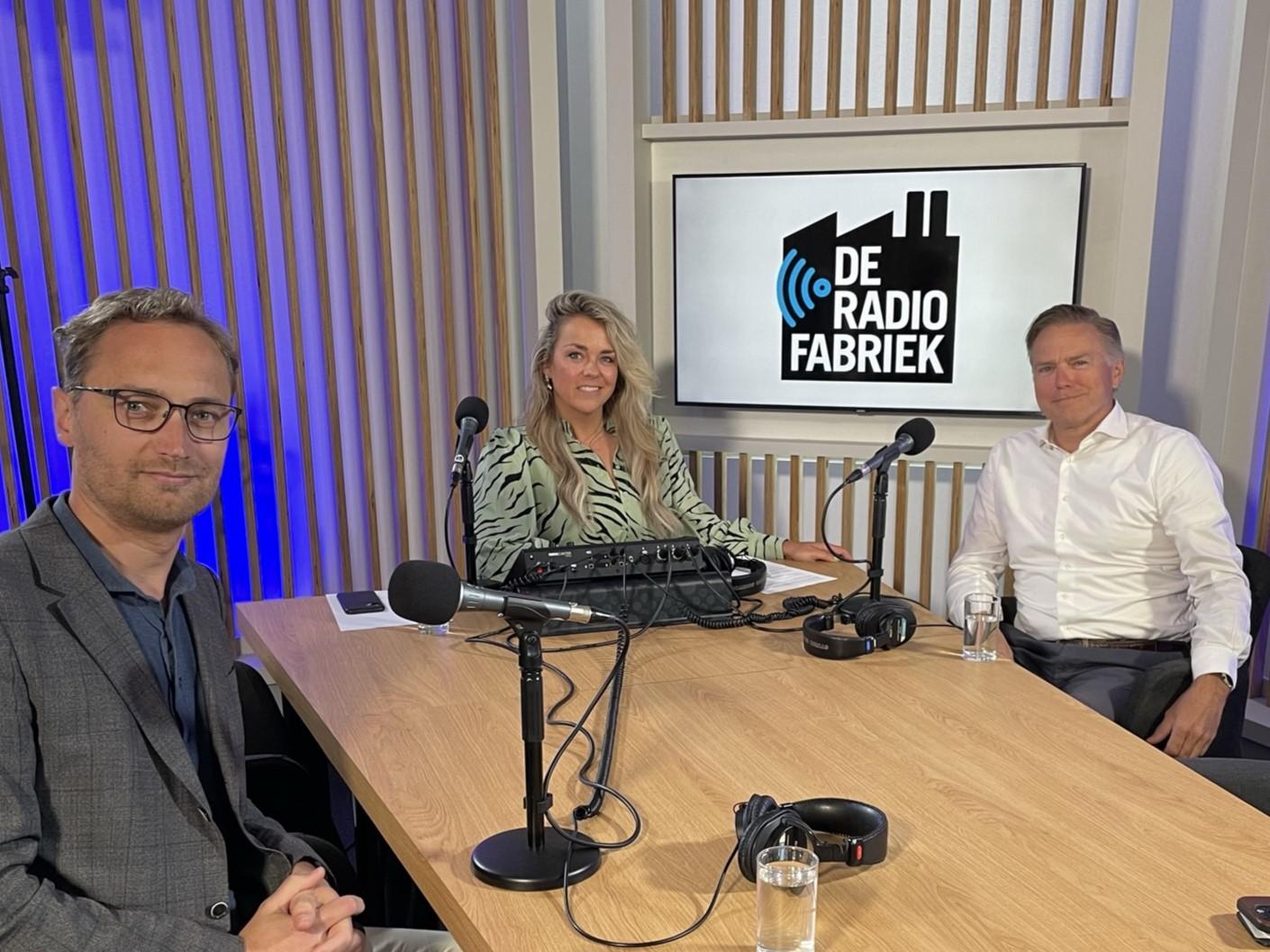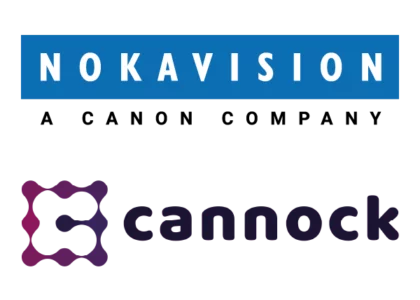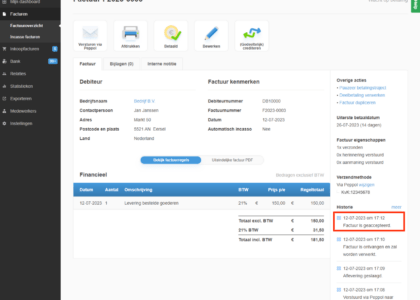Douwe is Founding partner of Innopay and an expert on data sharing. Innopay is a consulting firm with 50 professionals in Amsterdam and Frankfurt. They are into transactions and data sharing. Innopay co-founded the adoption of Peppol in the Netherlands. Douwe says: “About 17 years ago, we were thinking about e-invoicing. At that time, there were a number of platforms that wanted to connect both senders and receivers to their platform. At that time, we helped develop iDeal and there we saw the same problem. Banks solved that through interoperability. For us, it was obvious that interoperability between the providers of all those platforms was the solution of e-invoicing.” The government was also working on its own platform. Douwe suggested that parties work with each other. “A few years later I got a call,” Douwe says. “By now, everyone had had enough time to try and gather that insight, and that made the minds ready then. Patience is therefore very functional.”
The next step in digital transformation
When asked what it would take to be able to take the next step in digital transformation, Douwe replied, “If you talk about transformation between companies, you would eventually want everyone to implement the same plug. Peppol was initiated 13 years ago. It’s not quite what you might do now. Peppol is in danger of becoming an island of sorts.

Whether you exchange an invoice or a working drawing, it doesn’t matter for technology. It’s ultimately about people’s willingness to cooperate with each other.” How important collaboration within and outside your own organisation is to really make big strides is discussed in detail by Douwe and Jaap Jan.
The next five years
When asked what will be really important in the next five years, Douwe immediately replied, “Data”. He explains, “One of the big drivers will be eIDAS. This is the regulation on digital identity. Not next year, but the year after, everyone will have a standardised wallet. This is a place where you can store data about yourself and share it if you want. You can use it to easily create an account with a webshop, for example. It also contains pieces of information that have a verified origin. For example, a municipality can generate a token and you can put it in your wallet. This is the first time that large private parties, such as Facebook and Google, are also forced to use it. Companies that have customer data are also going to give that data back to the customer.” In the podcast, Douwe talks more about data developments. To end the episode, Douwe and Jaap Jan give listeners another great tip.
Click here to listen to the episode. You can also listen to the episode on Spotify.
A brief recap
Over the past season, several topics have come up. We talked to our guests about Peppol and its role in government and ERP packages. Commercial and government organisations told how they implemented e-invoicing and what lessons they learned from it, and we discussed e-invoicing adoption. Every episode, we asked our guests whether e-invoicing should become mandatory or not. This yielded many different answers and insights. Through this way, we would like to thank all the guests of the first season for contributing to this great podcast series.
E-invoicing: How about this?
Justin de Jager, board member at Open Peppol and representative to the central government as end user and Joost van den Hondel, Policy Advisor at the Dutch Peppol Authority
Are ERP and accounting packages the key to mass adoption?
Joost Diepenmaat, Co-founder and COO at Moneybird
International e-invoicing
Dennis Nap, Team leader Tech Centralisation at citizenM hotels
Implementing e-invoicing at large government organisations
Frank Vis, Senior project manager at UWV and Rob Frederiks, Manager Accounts Payable, Financial Economic Affairs at UWV
How to include suppliers in a move to e-invoicing
Nick van den Berg, Project consultant e-invoicing at TriFinance
From Scan and Recognise to e-invoicing via Peppol
Kuno Klumpers, Product Line Director at Exact
E-invoicing: The future of digitisation and data sharing
Douwe Lycklama, Founding Partner of Innopay






